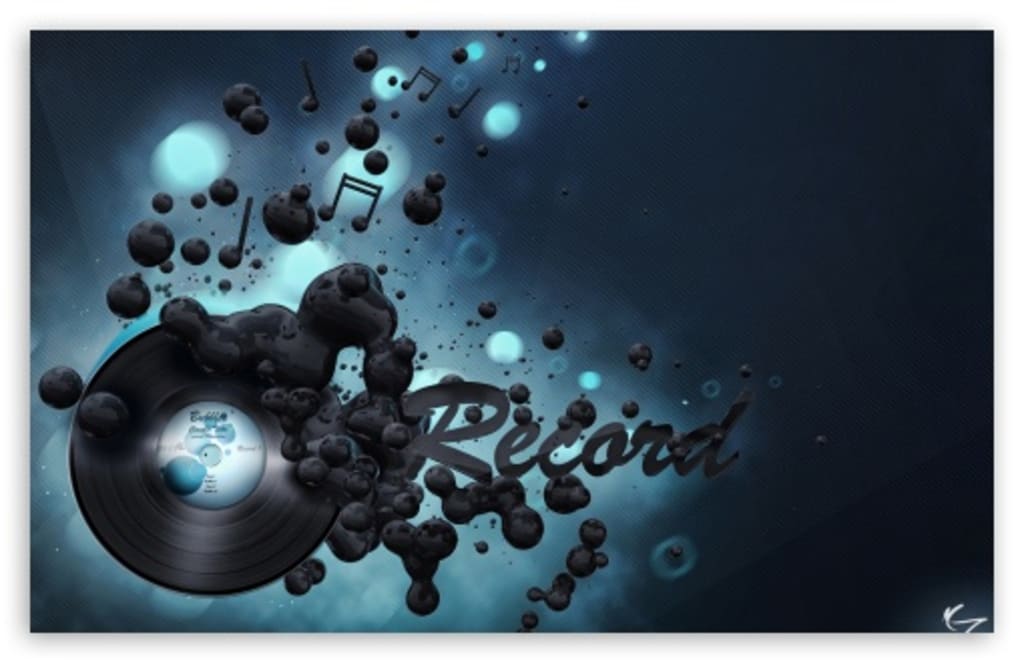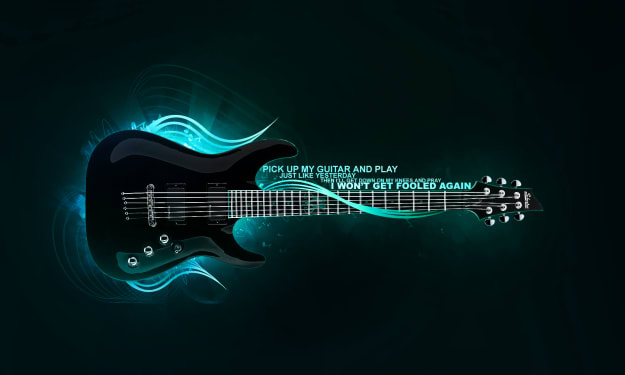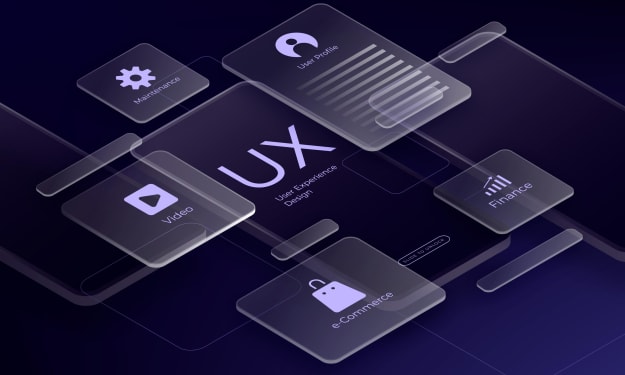What is a Music NFT Marketplace? Exploring the New Frontier of Music Distribution
The digital landscape of the music industry is evolving rapidly with the advent of Music NFT Marketplaces.

The digital landscape of the music industry is evolving rapidly with the advent of Music NFT Marketplaces. These platforms are not only revolutionizing how music is distributed and owned but also how artists and fans interact. In this article, we delve into the concept of Music NFT Marketplaces, their benefits, potential challenges, and their transformative potential for the music industry.
What is a Music NFT Marketplace?
A Music NFT Marketplace is a platform where musicians can mint, sell, and trade their music as Non-Fungible Tokens (NFTs). NFTs are unique digital assets that represent ownership of a specific piece of music. Unlike traditional digital files, NFTs are stored on a blockchain, ensuring their uniqueness and verifiable ownership history. This allows artists to sell their music as one-of-a-kind or limited-edition items directly to fans, creating new revenue streams and engagement opportunities.
How Music NFTs Work
Minting: Artists create an NFT by minting their music on a blockchain. This process converts the music file into a unique digital asset.
Listing: The NFT is then listed on a marketplace where fans can browse and purchase it.
Ownership Transfer: When a fan buys the NFT, ownership is transferred to their digital wallet, and the transaction is recorded on the blockchain.
Benefits of Music NFT Marketplaces
For Artists
Direct Artist-to-Fan Sales: Music NFTs eliminate the need for intermediaries such as record labels and streaming platforms, allowing artists to sell directly to their fans. This ensures a higher percentage of the revenue goes directly to the creators.
Royalties on Secondary Sales: NFTs can be programmed with smart contracts that enable artists to earn royalties on secondary sales. This means every time an NFT is resold, the original artist receives a percentage of the sale price.
Exclusive Content: By purchasing a music NFT, fans can gain access to exclusive content such as unreleased tracks, VIP concert tickets, and special edition merchandise. This enhances the fan experience and deepens their connection with the artist.
Proof of Ownership and Authenticity: Blockchain technology provides a transparent and immutable record of ownership, ensuring that the authenticity of the music NFT can be easily verified. This reduces the risk of piracy and fraud.
For Fans
Unique Ownership: Fans can own a unique piece of their favorite artist's work, which can include exclusive content and limited editions not available through other channels.
Support for Artists: Purchasing music NFTs allows fans to support their favorite artists directly, ensuring that more of their money goes to the creators.
Potential for Appreciation: As the popularity of an artist grows, the value of their NFTs may increase, providing fans with a potential return on their investment.
Enhanced Engagement: Owning an NFT can offer fans unique opportunities to interact with artists, such as virtual meet-and-greets or behind-the-scenes content.
Success Stories in Music NFTs
Several artists have successfully leveraged music NFTs to generate significant revenue and engage with their fans in innovative ways:
Grimes: The artist sold a collection of digital artworks and music as NFTs, generating over $6 million in just a few days. Fans who purchased the NFTs received exclusive access to her digital creations.
Shawn Mendes: Mendes released a series of NFT collectibles, including digital wearables and special edition items, raising significant funds for his foundation and engaging fans in a new, interactive way.
3LAU: This electronic music artist made headlines by selling his album as NFTs, generating over $11 million. Fans who purchased the NFTs received exclusive access to unreleased music and custom tracks.
Kings of Leon: The band released their album "When You See Yourself" as an NFT, offering fans exclusive perks like limited-edition vinyl and lifetime concert passes.
Potential Challenges
While music NFTs offer numerous benefits, there are also challenges that need to be addressed:
Environmental Impact: The process of minting NFTs on certain blockchain platforms, like Ethereum, can be energy-intensive and contribute to environmental concerns. However, newer platforms are emerging with more eco-friendly solutions.
Market Volatility: The NFT market can be highly volatile, with prices fluctuating significantly. Artists and buyers need to be aware of the risks involved.
Accessibility: Not all fans may be familiar with or have access to the technology needed to purchase and store NFTs. Education and simplified processes are essential for broader adoption.
Legal and Regulatory Issues: The legal framework surrounding NFTs is still evolving, and artists need to be aware of potential legal and regulatory challenges related to intellectual property rights and taxation.
Future Prospects
The adoption of music NFTs is still in its early stages, but the potential for growth is immense. As more artists and platforms embrace this technology, we can expect to see innovative ways for musicians to monetize their work and connect with their audience. Additionally, the integration of NFTs with other emerging technologies, such as virtual reality and augmented reality, could create even more immersive and interactive fan experiences.
Integration with Virtual and Augmented Reality: Imagine attending a virtual concert where your ticket is an NFT, providing not just access but also unique interactive experiences within the virtual environment. Such integrations can make the music experience more engaging and personalized.
Collaborative Projects: NFTs can facilitate collaborations between artists from different fields, such as music and visual arts, creating unique multimedia projects that can be sold as NFTs.
Decentralized Platforms: The rise of decentralized NFT marketplaces could offer artists more control over their sales and distribution, further reducing the influence of traditional gatekeepers.
Music NFT Marketplaces are revolutionizing the music industry by offering new revenue streams, deeper fan engagement, and enhanced security for digital assets. As this technology continues to evolve, it promises to reshape the way we create, distribute, and experience music. Musicians, fans, and industry professionals should stay informed about these developments and explore the opportunities they present.
About the Creator
Enjoyed the story? Support the Creator.
Subscribe for free to receive all their stories in your feed. You could also pledge your support or give them a one-off tip, letting them know you appreciate their work.






Comments (1)
Very interesting! Fascinating!